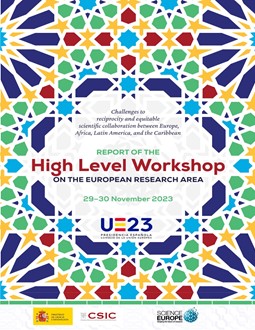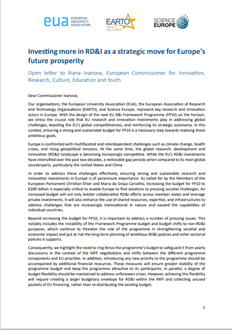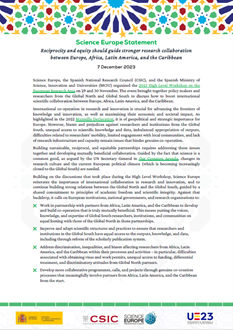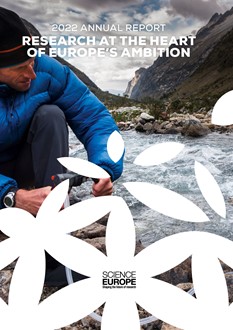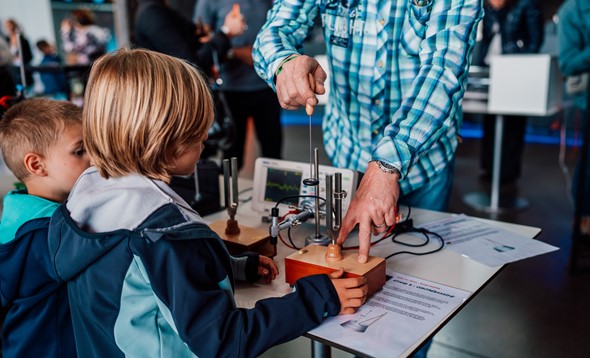What are the current priorities?
Science Europe works to foster cross-border collaboration within and beyond Europe while reducing the administrative burden for researchers. To this end, sufficient funding and appropriate tools are needed for researchers that collaborate across borders in diverse scientific and legal environments.
Cross-border collaboration also involves a degree of interoperability. Collaborative schemes must favour common approaches based on mutual trust and understanding between organisations.
Dialogue at global level, including the sharing of data and best practices, is also fundamental for high-quality collaboration among research organisations worldwide.
What is Science Europe doing to achieve these aims?
Science Europe Member Organisations collaborate to design new strategies and develop mechanisms for increased and more effective collaboration within and outside of European borders. In this context, Science Europe supported 12 of its members in the development of Weave, a cross-European initiative to fund and support excellent international research projects.
Elsewhere, Science Europe provides its Member Organisations with a platform to exchange knowledge and practices to continuously improve the tools available for collaboration, and develop solutions to challenges faced by national research communities. It also seeks to promote international cooperation between researchers through the organisation of Sino-European networking workshops on COVID-19.
Science Europe is also an active voice in the international research community. It contributes to the active European involvement in the Global Research Council and participates in discussions designed to find common understanding on topics of specific importance for research and researchers across the world.



